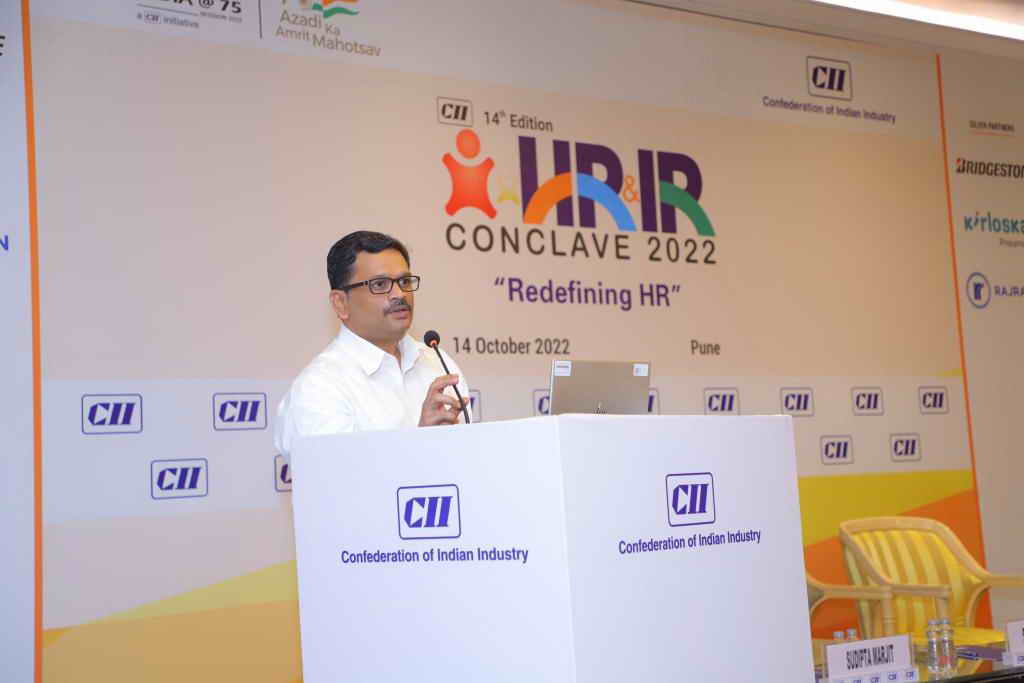The blog Why Haven't You Fired Him Yet? , is a very good read. Good performers should also be good at creating deterrents around them from being tossed out as fantasized in my earlier post.
The blog is truthful about the practical fact that to a certain level, we tend to expect a mandate and homogeneity from fellow colleagues with our own internalized systems, while becoming uncomfortable with little threats to the thought process. In our management circles, we discuss an employee viability in cost terms, and performance is always a second priority (not without reason). The costs are:
- "Management Overhead Cost": Inclusive of performance is the analysis of the fact whether the resource needs to be managed not only for work, but for the self-team-organization balance. It many times, unfortunately, means and is used for "falling in line", when it actually should be used to analyze, the management attention created to address a probable negative impact. For example, a resource is self managed, goes about the job in a routine fashion, and completes the job allocation in their own style. They should ideally be more, right?
Similarly, there is something in the mannerisms that the next level performers find choking in the superlative performer, the management over head to elevate the next level performers to the superlative league is a crucial factor in the evaluation.
- "Peer Value Cost": This cost is measured in comparable terms. Again, it is often than not, misused, as a favoritism, while it is to be measured to value the attention(brags/self mentions)-attraction (perks/salary) -assertion(Choosing work, being finicky of others work ) ratio vis a vis performance.
In a team of equivalent talented great employees, the overhead of giving disproportionate attention, attraction and assertion to a particular employee would mean other equated employees would leave/live with heart burn that would affect the morale, brand of the organization.
Hence while it is important to lay down the performance parameters, it is equally important to be conscious of the associated costs and keep them to minimum for a self-standing success.



Read with interest the blog on "Employee Evaluation with interest.Having had a stint relating to labour legislations in my walk of life I am only reminded of a legislation styled as Equal Remuneration Act,which prevents discrimination based on equal work. This means that equal pay for equal work should be ensured.This would enable the boosting of the employee"s morale in various facets and would also make them feel that they are being "attended" to wnich in a way would prevent HEARTBURN and the idea to leave the organistion. My observation, although may be two decades old,may be tried with other parameters of modern evaluation as Experience is worth ten pounds than theory.
ReplyDeleteWhat resonated most with me when I first read the post is the sentence: “The blog is truthful about the practical fact that … we tend to expect a mandate and homogeneity from fellow colleagues…”
ReplyDeleteThis is so true that it made me pause in my track. Literally! We often become very uncomfortable around people who argue or plain refuse to comply.
We forget that there are two kinds of arguments—the Constructive Argument and the Defiance for the Sake of Defiance type. The latter needs to be doused down and the perpetrator sat down and spoken to logically.
What typically happens is when anyone responds with a “no, I think differently”, our first instinct (part of our self preservation auto-mode) is to prove to the other person that “I” am right.
However, the Constructive Argument must be “listened to”.
Over the years, I have realized that we don’t learn much from people who agree with us. But we learn hell of a lot from a constructive argument. My experience over the last few months at work has reinforced this belief.
One of our visualizers/designers—a whacky, ornery but good-natured fellow—would argue with most of my suggestions on a project.
Initially, I used to try to defend my way of thinking. A couple of months down the line, I realized that out of the cauldron of our arguments were emerging designs and presentation styles that were way better than what I had thought of individually.
Nowadays, I deliberately try to pick arguments with him. Our fights are a standing joke between the two of us and for the team as well. [I have just completed one over the phone with him. It’s Saturday so neither of us are in office. ] I have seen how arguments—if taken up with an open mind and with a genuine desire to actually arrive at the best solution—can be exciting, “learningful”, and thought-provoking.
When someone picks a constructive argument, it also tells me that:
1. S/he is involved in the project
2. The project matters to him/her
3. Is not holding back on ideas
A team of “yes” men will never really do great work. It will produce mediocre work on time and with little delight or excitement.
OTOH, a team of argumentative, individualistic, thinking people will produce great work as long as the end vision is clear, everyone has bought into it, and the arguments are not “ego-driven”.
How do we build such a team? How do we paint such a vision? How do we get the buy in?
A very long response but have been building this over the last few days…
Loved the post that has given me so many things to think about!